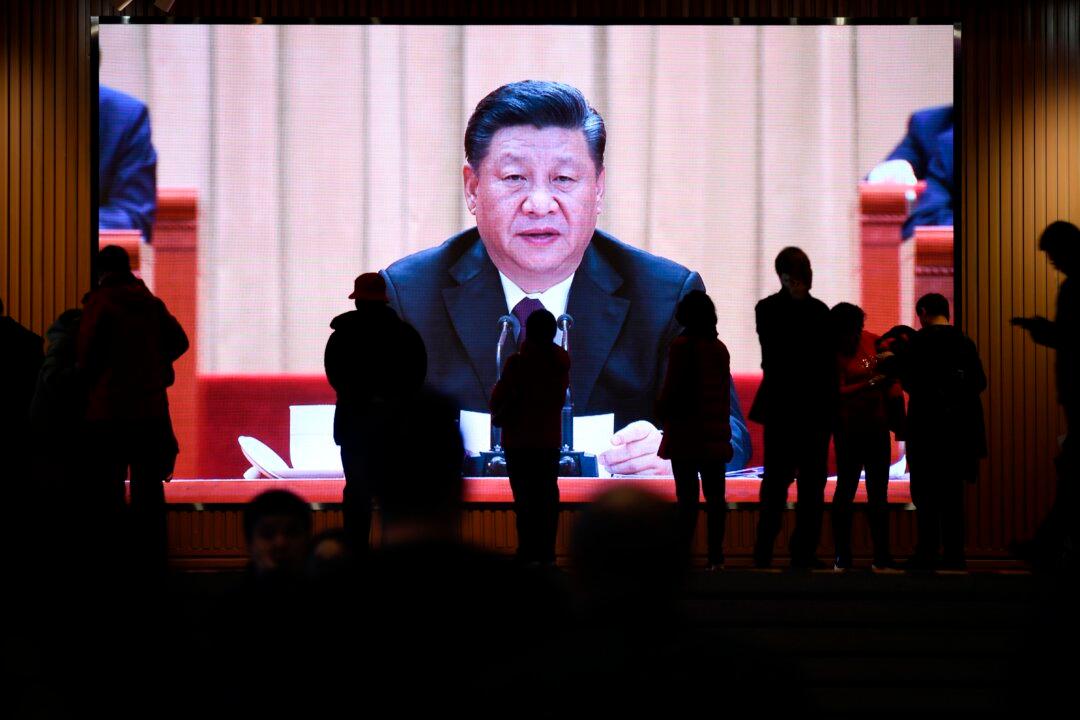Chinese leader Xi Jinping said at a recent summit that China will not “bully” smaller countries, amid growing scrutiny over its escalated military activities in the South China Sea and the Taiwan Strait.
Xi made the claim during a virtual summit on Nov. 22 between China and leaders of the 10-member Association of Southeast Asian Nations (ASEAN), commemorating the 30th anniversary of the relations between the two sides. Xi was the host of the summit.





